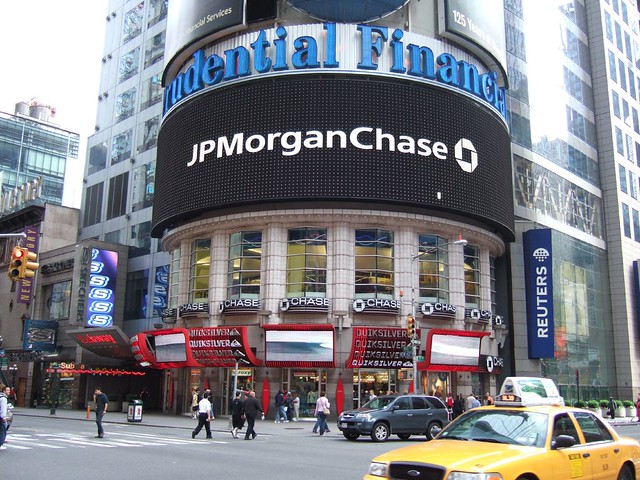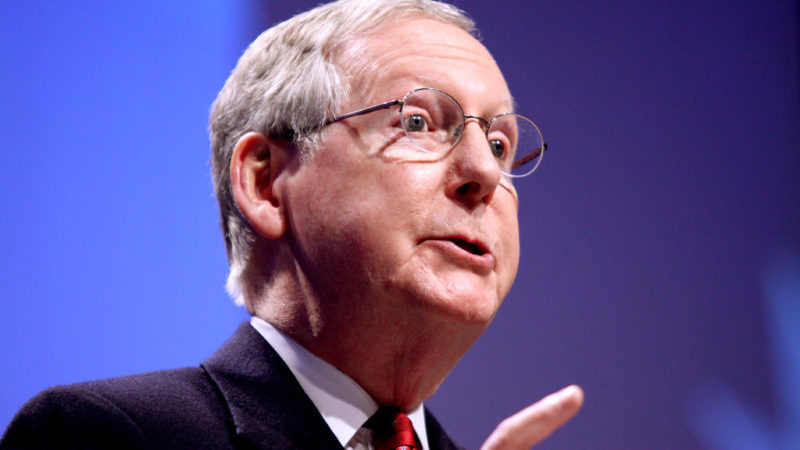JPMorgan AMC’s Hugh Gimber Advices Investors to Avoid Buying Stocks Right Now

Much to the despise of investors in Wall Street, JPMorgan says the worst for the markets is not yet over and it is not the right moment to purchase stocks. As per JPM’s Hugh Gimber, a recession worst than the one during World War II is plausible due to the coronavirus threat.
“I’m not yet confident in advocating overweight risk assets positions because you’re vulnerable in that scenario to a deterioration of the news on the medical front,” said Hugh Gimber, global market strategist at JPMorgan. “The policy measures have helped but they’re not on their own enough for us to call a definitive bottom in this market.”
On Monday although markets saw a positive rally in the last week, the companies continue to diminish their earning outlook. The complete magnitude of the corporate losses is still uncertain as the coronavirus pandemic continues to spread its grips all over the world.
Gimber has been continually overlooking the market conditions including the effectiveness of various fiscal and economic measures overtaken by the governments in the US and Europe to assess when the markets have hit bottom and growth is susceptible.
He suggests the investors should avoid taking risky positions and add only those companies in their portfolio that are fundamentally strong with efficient corporate governance and must focus on the balance sheet and accounting ratios.
“You want to be investing in companies that have the balance sheet flexibility to be able to handle this short-term hit to activity and come out on the other side the strongest,” he said.
When talking about the bond markets, he suggests the government’s short term debt over long term debts and he suggests investors avoid high-yield bonds by companies with weak balance sheets.
“The central banks will help solve the liquidity challenge for corporates, but they can’t help to solve the solvency issue for those more under-pressure names,” Gimber said.
That being said, the investors can also invest in high-yield bonds with a maturity period of one or two years as the volatility in the short-term can be very major, he added.






